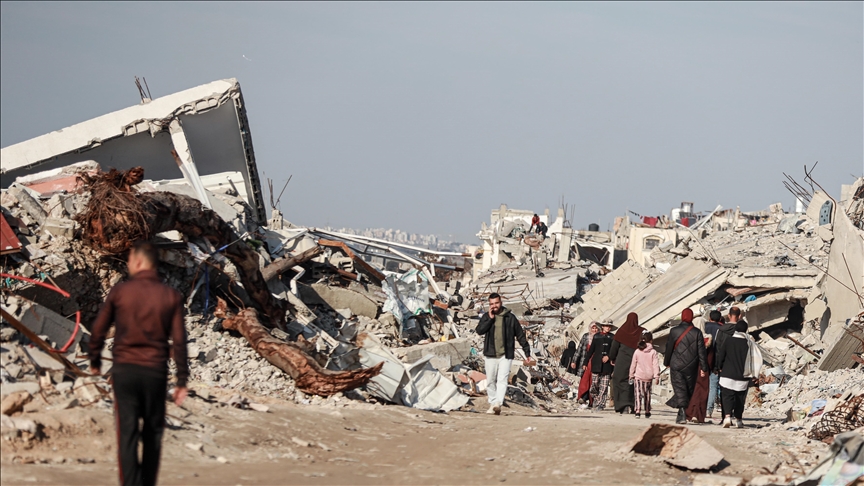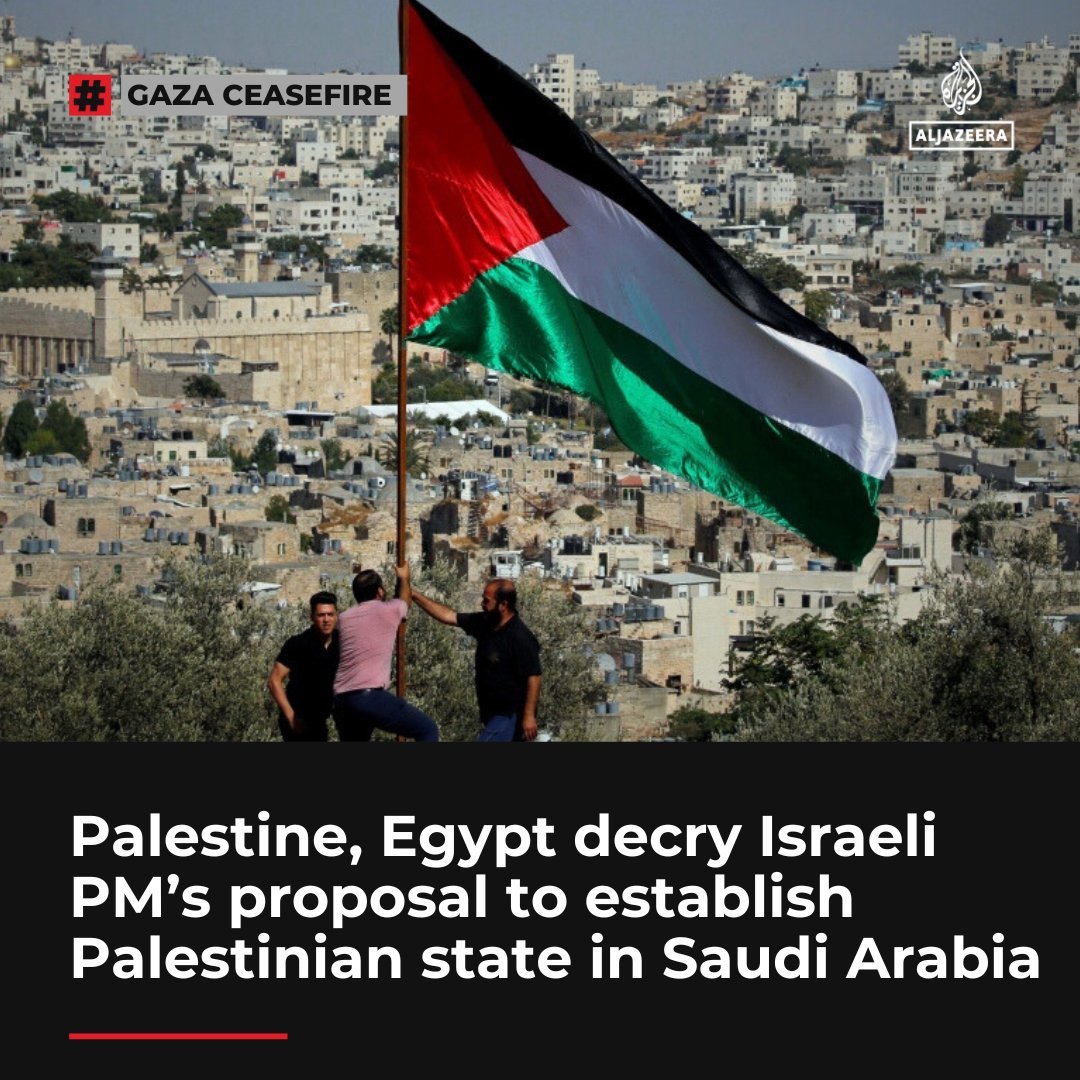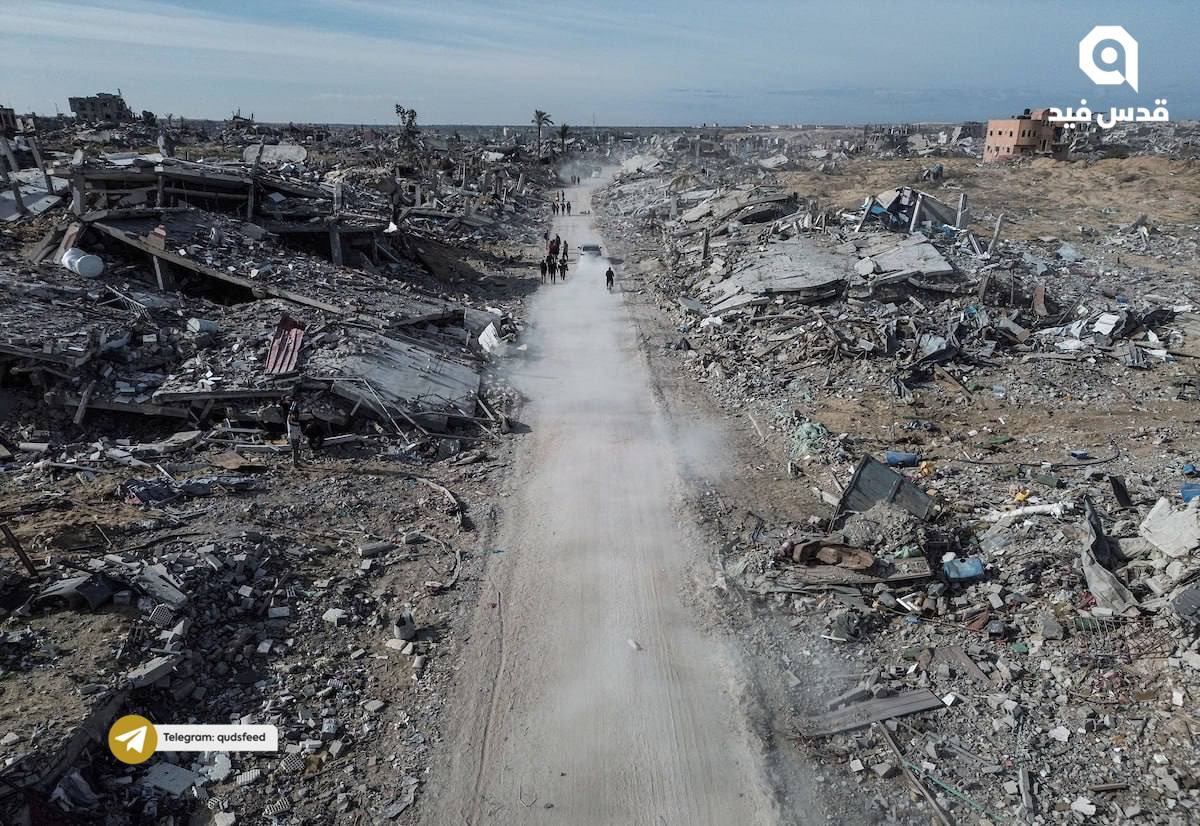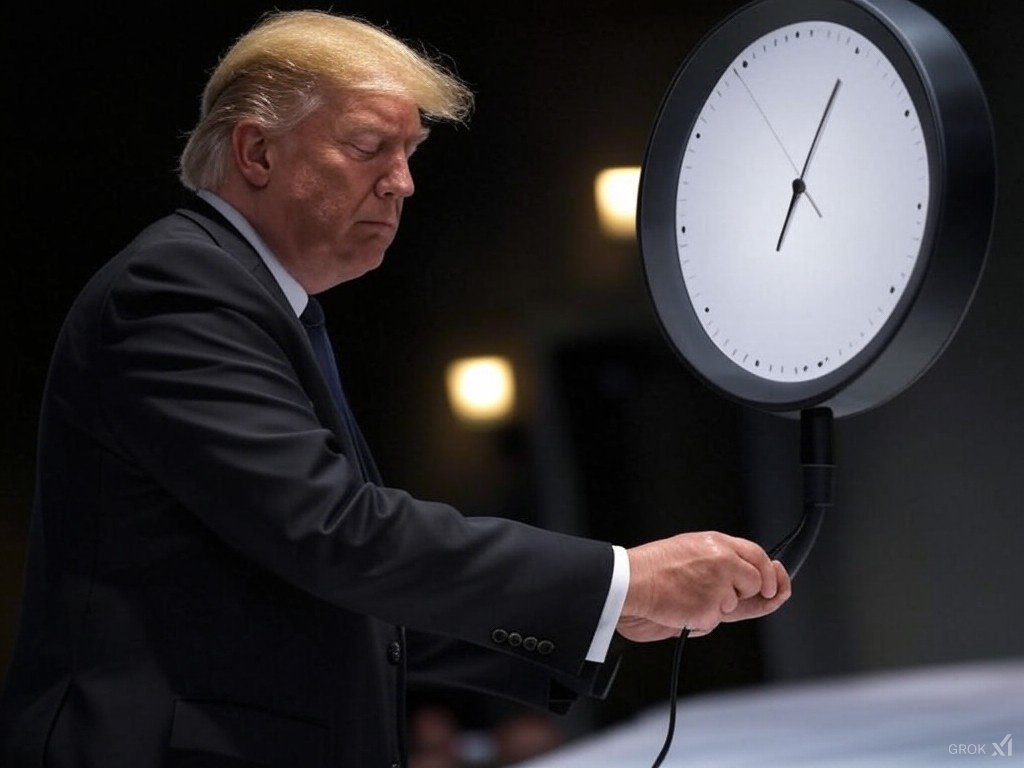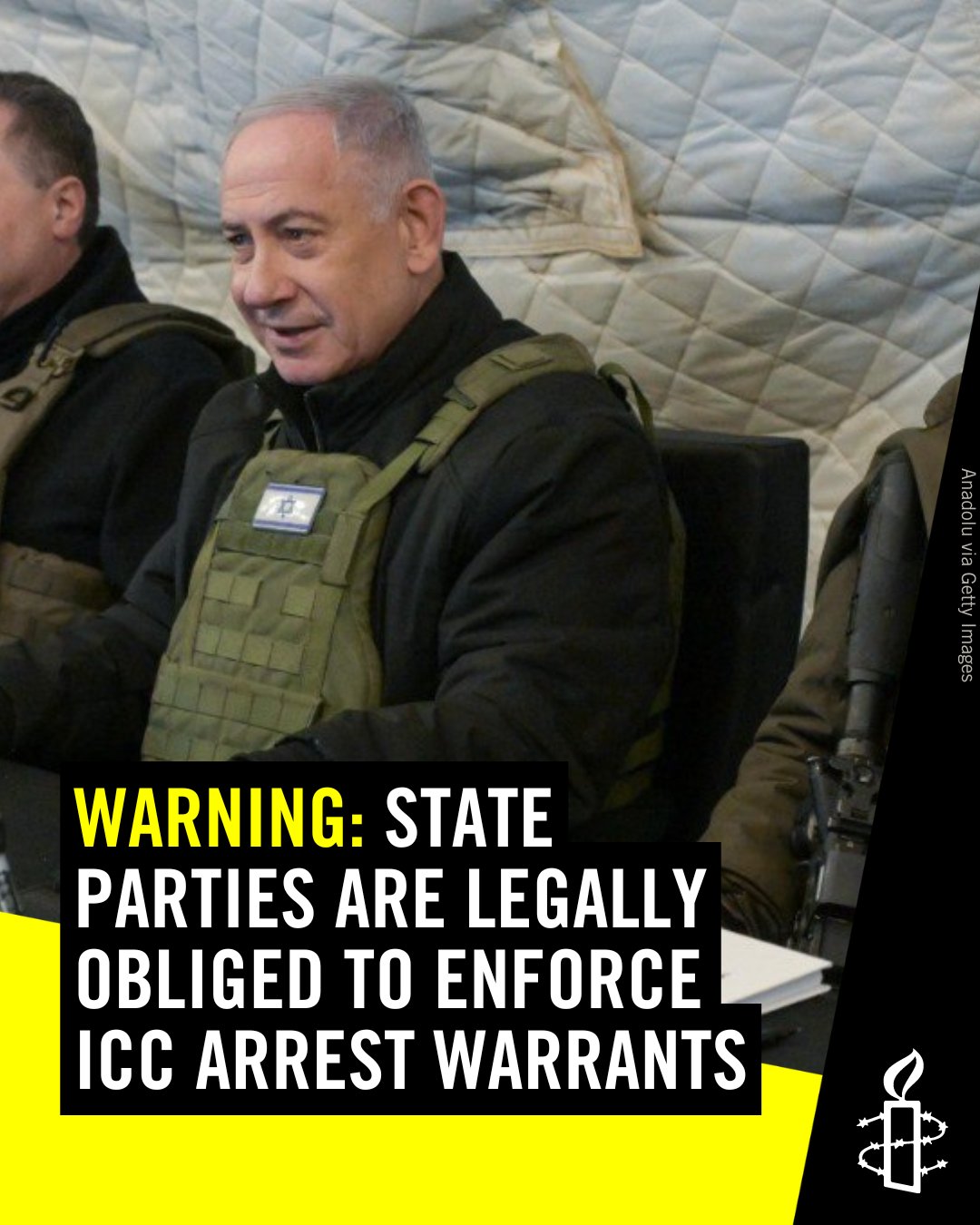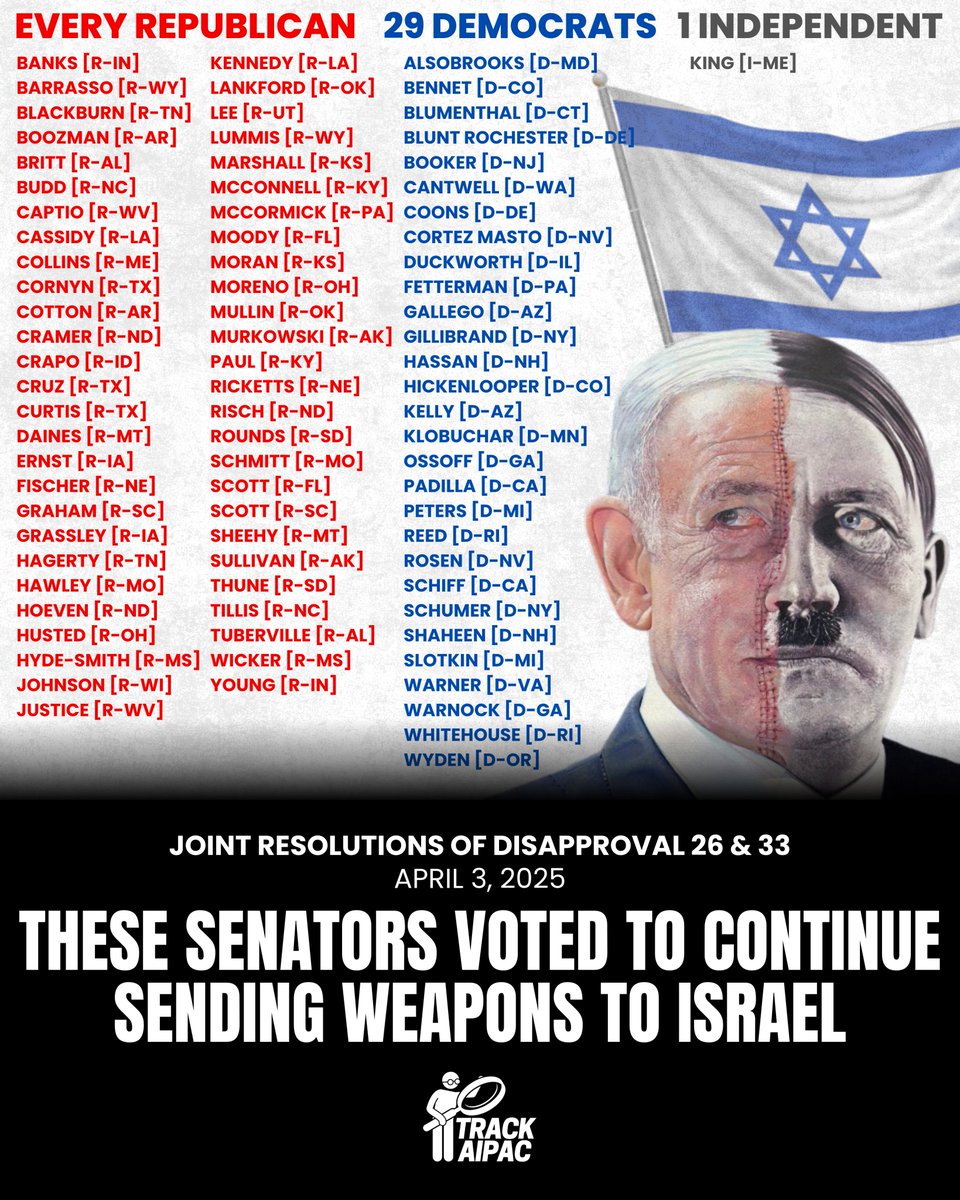Israel Ready For 2nd Phase Negotiation in Cairo
Israel’s Security Cabinet will discuss the second phase of the ceasefire and prisoner exchange agreement with Hamas, when the negotiating delegation travels to the Egyptian capital of Cairo on Monday.
Israel delayed negotiations for the second phase, which was scheduled to begin 16 days after the agreement went into effect, as Monday will be the 29th day—a 13-day delay.
Israeli Prime Minister Benjamin Netanyahu’s office said in a statement on Sunday that he informed US Middle East envoy Steve Whitcoff during a phone call that the Security Cabinet will convene Monday to discuss the second phase of the deal.
According to the Israeli newspaper Yedioth Ahronoth, Netanyahu’s statement came shortly after Whitcoff said “productive and constructive” discussions had taken place regarding the second phase, despite Netanyahu’s denial of any ongoing negotiations as reported by Anadolu.
“In coordination with Witkoff, Netanyahu has, today, instructed the negotiations team to leave for Cairo tomorrow (Monday) in order to discuss the continued implementation of the first stage of the deal,” the statement added.
The delegation will receive guidance on the second phase after the Security Cabinet meeting, it added.
The announcement comes as Netanyahu faces mounting domestic and international pressure to move forward with the talks.
On Saturday, families of Israeli captives in Gaza held a press conference outside the Defense Ministry in Tel Aviv, vowing not to let Netanyahu obstruct the second phase for his political interests.
According to Palestinian human rights organizations, Israel is holding more than 10,000 Palestinians in its prisons.
A ceasefire agreement has been in place in Gaza since Jan. 19, halting Israel’s genocidal war, which has killed nearly 48,300 Palestinians, most of them women and children, and left the enclave in ruins.
Nineteen Israeli captives and five Thai workers have been released in exchange for 1,135 Palestinian prisoners under the first phase of the Gaza agreement, which took effect on Jan. 19.
The International Criminal Court issued arrest warrants in November for Israeli Prime Minister Benjamin Netanyahu and his former Defense Minister Yoav Gallant for war crimes and crimes against humanity in Gaza.
Israel also faces a genocide case at the International Court of Justice for its war on the enclave.

